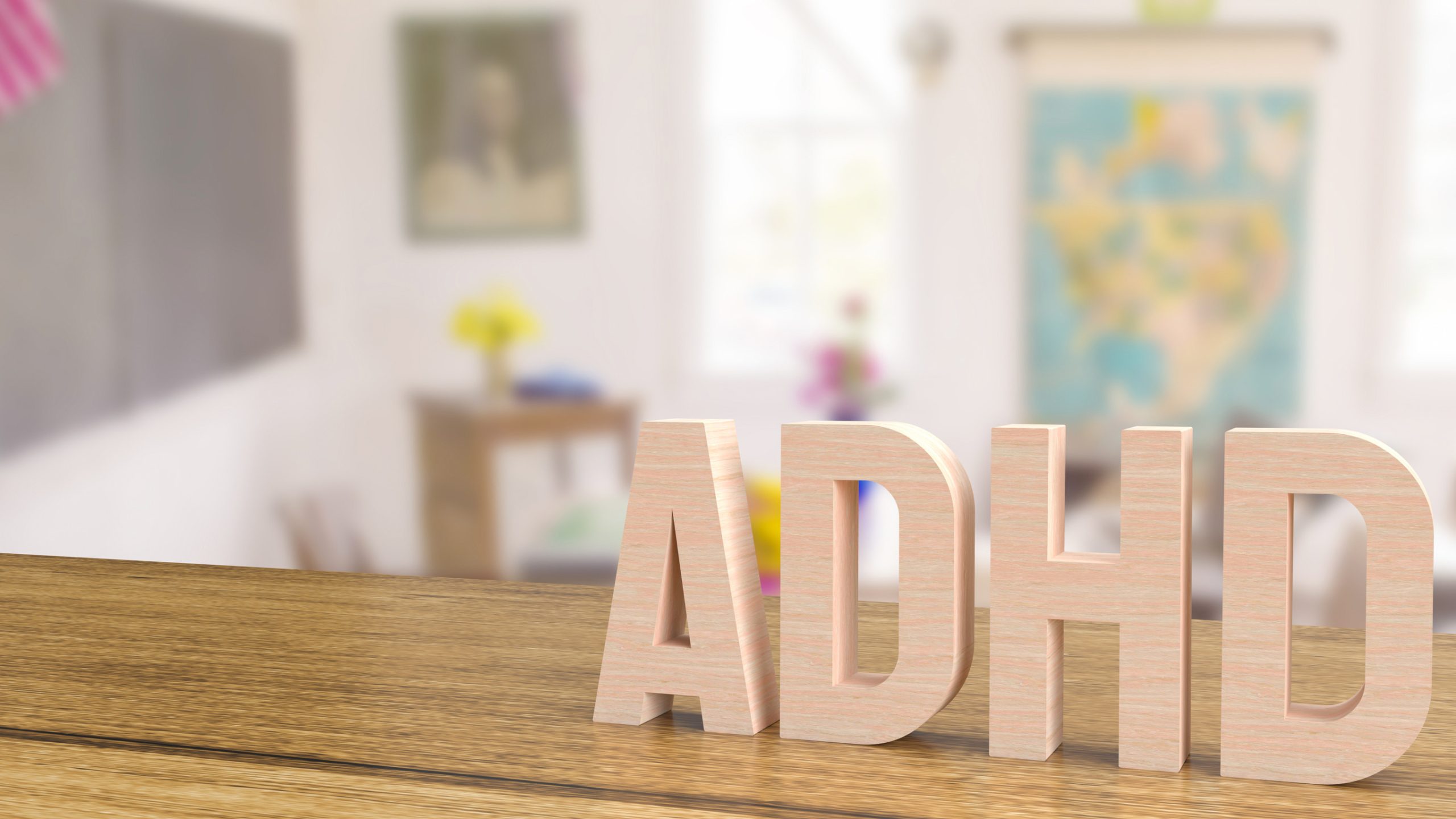
Attention-deficit/hyperactivity disorder (ADHD) is a neurodevelopmental condition that affects the brain’s executive functions — like organizing, planning, and self-control. ADHD doesn’t just impact children. Many adults live with undiagnosed or untreated ADHD well into their careers and family life.
Common symptoms may include:
These symptoms can vary in severity and presentation from person to person. Some people have primarily inattentive ADHD, others are primarily hyperactive-impulsive, and many have a combined type.
ADHD treatment often combines lifestyle changes, therapy, and medication. Medication is not a cure but can make symptoms more manageable so patients can focus on new skills and habits.
At BLA Psychiatry, medication management means working closely with a board-certified provider to:
This is never a one-size-fits-all approach. Finding the right medication — whether stimulant or non-stimulant — can take time and follow-ups to ensure it supports each patient’s goals and daily life.
There are two main categories:
Medication is just one piece of the puzzle. It works best when paired with therapy, healthy routines, and self-care.
Many people wonder what “medication management” really means. It’s an ongoing relationship that helps patients safely and effectively use medication as part of a bigger plan.
A typical appointment might include:
Medication is never prescribed and forgotten; it’s regularly evaluated so it fits your changing life.
Not always. Some people benefit greatly from ADHD medication, while others prefer or need alternative approaches. It depends on your symptoms, health history, and personal goals.
That’s why a thoughtful provider will always listen, answer your questions, and explain your options. In some cases, lifestyle changes, behavioral therapy, or coaching may be enough on their own — or they may complement medication.
It’s not uncommon for ADHD to appear alongside other mental health conditions like depression or anxiety. Sometimes symptoms overlap — for example, trouble focusing can be caused by untreated depression.
Part of medication management is ruling out other underlying issues and making sure your treatment plan addresses the whole picture.
Whether you take medication or not, these strategies can help:
Combining these tools with medical care can make a big difference.
BLA Psychiatry’s providers understand that ADHD looks different for everyone. They tailor each plan to your unique history, goals, and life stage — whether you’re a college student struggling to manage assignments or an adult juggling work and parenting.
This personalized, supportive approach helps people feel heard and empowered — not judged or rushed.
Understanding ADHD and your treatment options takes time. A good mental health provider welcomes your questions and provides reliable, evidence-based information.
For additional background, you can also visit this respected resource.
If you’d like to understand how medication management could fit into your ADHD care plan, please contact us at BLA Psychiatry — we’re ready to listen and help.